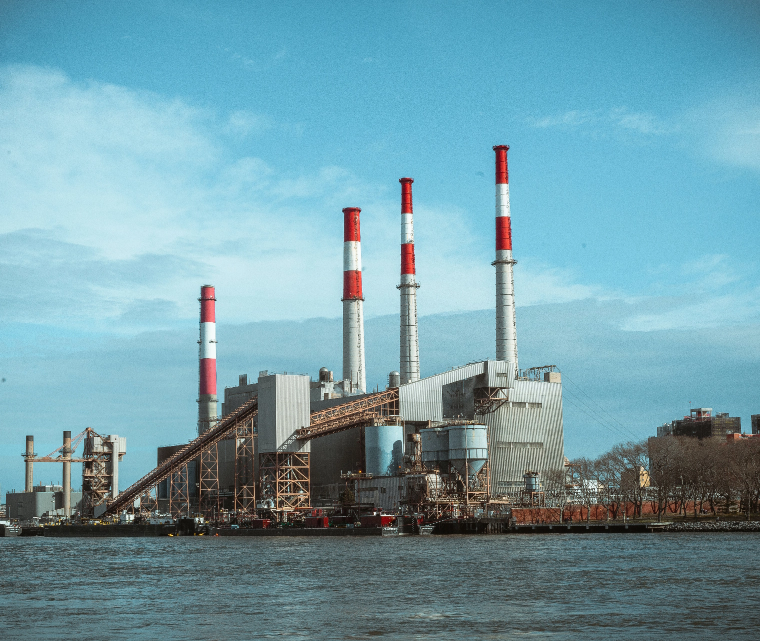Like it or not, coal and gas continues to play a significant role in the global energy mix. While this is likely to change over time, we can do a lot in the short term to minimise carbon emissions.
In Arche’s experience, significant emission reductions can be made with some simple changes to plant design, fuel quality and how we prioritise the dispatch of conventional plant.
The main sources of conventional power generation are:
While these technologies have been the backbone of global electricity production and produce base load power on a 24/7 basis, each of these technologies have their drawbacks.
A coal fired power plant takes coal, crushes it up, suspends it in air inside a furnace and then burns it to generate heat. The heat from combustion is used to generate steam, which powers a turbine.
Opportunities to minimise greenhouse gas emissions from coal power plant include:
Coal can also be gasified into syngas, converted to CO2 and hydrogen through a water shift reaction. The CO2 can then be separated and stored or reused and the hydrogen consumed in a combined cycle gas turbine. This process is known as Integrated Combined Cycle Gas Turbine (IGCC).
Gas (methane, propane and other gases) can be used directly in a gas turbine (either combined cycle or open cycle), gas engines or in a steam plant.
Gas turbines are basically a jet engine that directs its thrust through a power turbine (rather than propel an aircraft through the stratosphere).
A gas engine is similar to a petrol engine in a car, they are just bigger and connected to a generator rather than a set of wheels.
A steam plant simply uses the heat from combustion of the gas to generate steam.
Oil (including kerosine, naphtha and diesel) fired power plants are generally smaller plant in remote locations where transportation of fuel is necessary (such as remote mines and Pacific Islands).
They are typically large reciprocating engines operating on the diesel cycle.
Liquid fuels (such as diesel, naphtha and kerosine) can also be used in gas turbines and in steam systems.
Nuclear power plants use the process of nuclear fission to generate heat. In this process, the nucleus of an atom is split, releasing a large amount of energy in the form of heat. This heat is used to produce steam, which drives turbines and generates electricity. Nuclear power is considered a low-emission source of electricity, but it comes with challenges related to radioactive waste.
Hydropower involves the use of flowing water (rivers, dams, and reservoirs) to turn turbines and generate electricity. The energy of moving water is converted into mechanical energy, which is then converted into electrical energy. Hydropower is a renewable energy source and has been used for centuries to produce electricity.
The capacity of hydropower systems is generally limited by rainfall and/or snowmelt.
Hydropower systems can also be used as energy storage systems (pumped hydro energy storage (PHES)).
Arche has a track record of delivering conventional power projects, from remote generation to high density urban networks.
For fossil fuels projects, Arche provides:
